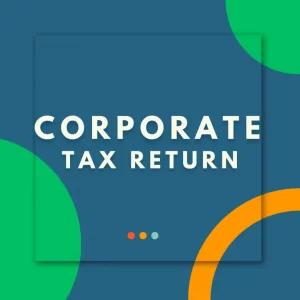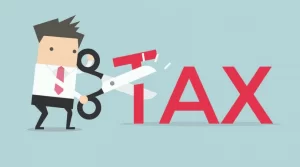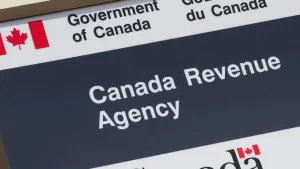If you are a self-employed physician, you will need to pay your taxes in quarterly tax instalments for physicians. Here’s how to figure out what you owe.
- When you move from residency to practising, your pay structure changes from salaried to self-employed
- Learn about:
- tax instalment structure for self-employed physicians
- filing deadlines with the Canada Revenue Agency
- strategies for planning and paying your tax instalments
The transition to practice can be both exciting and stressful. On the business side, there are a number of financial planning issues you’ll need to address. One of these is managing your income tax payments..
Here are 5 things you need to know.
1. Income tax is no longer deducted at source
As a resident physician, you earn a regular salary, and income tax is deducted from each paycheque. Basically, you’re paying your taxes as you earn your income.
But once you become an in-practice physician, the way you’re paid and how you pay your income tax could change.
If, like many physicians, you expect to be self-employed, you’ll typically bill your provincial ministry of health on a fee-for-service basis. The amount you receive will be your gross professional income, before any expenses are incurred to run your practice. Your taxable professional income, which is equal to your gross revenue less deductible expenses, will be subject to personal income taxes that you will need to pay from your net earnings..
2. Quarterly tax instalments start the following year
As a self-employed physician, you’ll have to send your income tax payments to the Canada Revenue Agency (CRA) in quarterly instalments, which are due on March 15, June 15, September 15 and December 15 of each year.
While CRA will send you instalment reminder notices, you should still make sure you keep track of these deadlines, since failing to comply with instalment requirements may lead to interest charges and penalties.
In your first year of practice (July-December 2022), you likely won’t be asked to make instalment payments. But be prepared: when you file your personal tax return after your first (partial) year of practice (April 30, 2023), you could owe a large amount of income tax.
3. Tax instalment amounts are based on previous two years’ taxes
While there are different methods for calculating instalment amounts, the amount you pay will typically be based on what income tax you owed on your previous two years’ income tax returns. Here’s what happens in your first three years of practice.
Year 1: July 2022 to December 2022
Normally, as a self-employed physician, your instalment amounts are calculated based on your income taxes payable from the previous two years.
Your first year of practice is a special situation and you are generally not required to make instalment payments in your first year because you would have no previous income tax balances payable on which to base this calculation.
Keep in mind though that you may have a large amount of income tax owing when you file your tax return since you would not have paid any taxes over this period.
Year 2: January 2023 to December 2023
Again, note that instalment payments are based on the previous two years’ income tax balances payable.
In Year 2, you would only have had one partial year of self-employment income (July 2022 to December 2022). The government may ask you to make only the final two instalment payments (September and December), rather than all four instalments.

Year 3: January 2024 to December 2024
In Year 3, you would only have one and a half years of self-employment (July to December 2022 and all of 2023).

There are other options available in calculating your instalment payments. Please consult your accountant or advisor for details..
4. Filing deadline, penalties and interest charges
As a self-employed physician, you and your spouse or common-law partner have until June 15 to file your personal income tax returns; any taxes owing, however, are still due by April 30.
If you fail to file your tax return on time, you could face late filing penalties. And if you’re unable to pay all the tax owing, there will be interest charges.
TIP: It’s not uncommon for new-in-practice physicians to receive a bill from the CRA. Don’t panic! Learn how to avoid that.
5. How to plan for income tax payments
Here are some things you can do ahead of time to manage your tax instalment payments.
- Talk to your financial advisor so you know how much you need to save.
- Set aside a percentage of your earnings every month and put it into a savings account or a tax-free savings account.
- If you are considering borrowing the funds to cover your taxes owing, think about the interest costs and, more specifically, how the interest charged by CRA compares with your other sources of financing.
Get in Touch with Abdullah CPA






